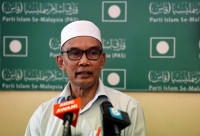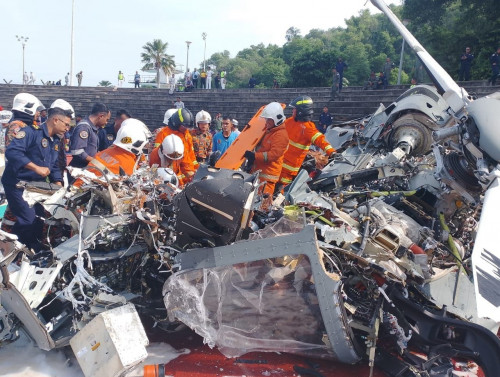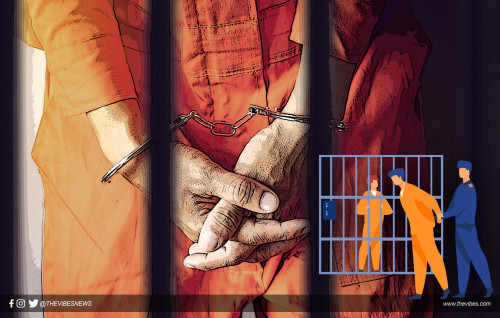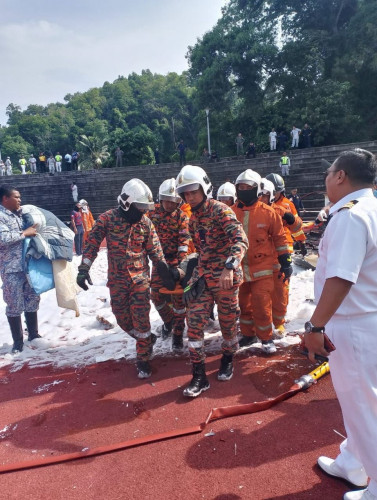KUALA LUMPUR – National track cyclist Datuk Azizulhasni Awang has corrected much misconception that our sportspeople are physically and mentally strong all on their own.
He said even high-performing athletes, such as himself, face a lot of struggle, pressure, and personal issues like any other people.
“Just because I train every day, it doesn’t mean my performance improves all the time. There are ups and downs, and I could be physically and mentally tired too,” Azizul said during his live Instagram interview with TV host Daphne Iking on Tuesday.
“There are a lot of misconceptions that just because I look physically strong, and I won medals, I shouldn’t seek help, and that I’ll be fine on my own.
“But the reality is if I don’t seek professional help, it will create more problems because I’m under pressure (almost) every day.”
Azizul, frequently referenced by the moniker Pocket Rocketman, said changes in environment during tournaments are also triggers for anxiety and depression.
“Being an athlete is no walk in the park. I give my all,” he added.
“I’d have to train twice a day, sometimes even more. It is very hard, and painful. Athletes don’t train for fun and not for recreation.
“We train to the point we are struggling, fall to the ground and vomit,” he said.
“I’m 33 years old, and many wonder why I’m still doing this. It’s because I love the sport, that’s my motivation.”
Azizul highlighted in the interview that it is vital for anyone, including himself, to seek professional help whenever one does not feel right about himself.
Though it may be difficult and weird for some people to speak to someone they do not know and be transparent about their issues, taking a step towards understanding yourself is important for self-healing.
As for most athletes, there is an expectation that they need to be perfect all the time.
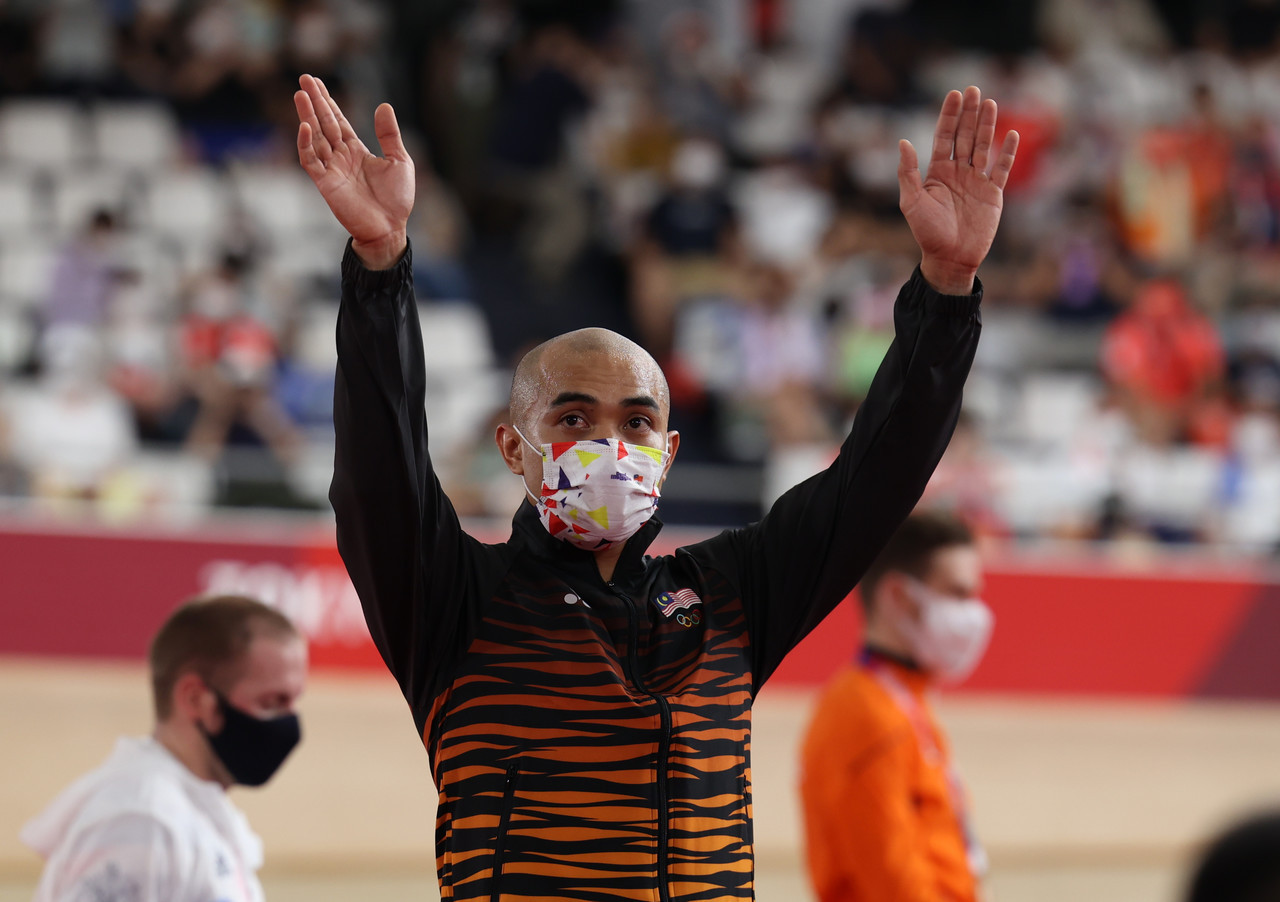
During the 2020 Tokyo Olympic, Azizul lost the gold on tactics against Great Britain’s Jason Kenny who stunned the field by sprinting clear with three laps remaining to claim his seventh Olympic gold medal.
The two-time Olympic medallist and world champion admitted that it was an unexpected move, causing him to finish second in the men’s keirin event.
“I didn’t expect it to happen, and it was out of my control. I end up with a silver medal even though I was in my best shape and performance in my life,” he said.
“So, when that incident happens, I feel devastated because I feel like I couldn’t deliver what my country is hoping for.”
Having a healthy mind is like driving a good car, said Azizul.
When your car reaches a certain mileage, you would send it for servicing so that its performance is at its peak.
“If you don’t do something to ‘service’ your mind, you are bound to break down eventually.
“There are people who could help. We just need to reach out to them to allow them to help us,” he said.
Meanwhile, national diver Datuk Pandelela Rinong said, practicing meditation is one of the ways to help her overcome anxiety especially during tournaments.
“I always practice meditation to manage my stress and anxiety. I find that this and practising mindfulness also help keep me calm and reset my focus.
“Also, each time before I step on the diving board, I would spend some time to pray that everything will go smoothy and I’ll be able to perform my best,” she said during her live Instagram interview with the Mental Illness Awareness and Support Association (Miasa) on Thursday.
“During my training sessions, I can’t escape from getting injured every now and then. When that happens if I’m not careful, it would affect my mood and motivation.
“Most importantly, I try my best to be truthful to myself, and keep a healthy relationship with my family, friends and my fans. They are my source of inspiration.”
If you are going through a similar situation, please seek help from any professional bodies such as Miasa and Befrienders, to name a few, who are willing to assist you on a 24/7 basis. – The Vibes, November 13, 2021



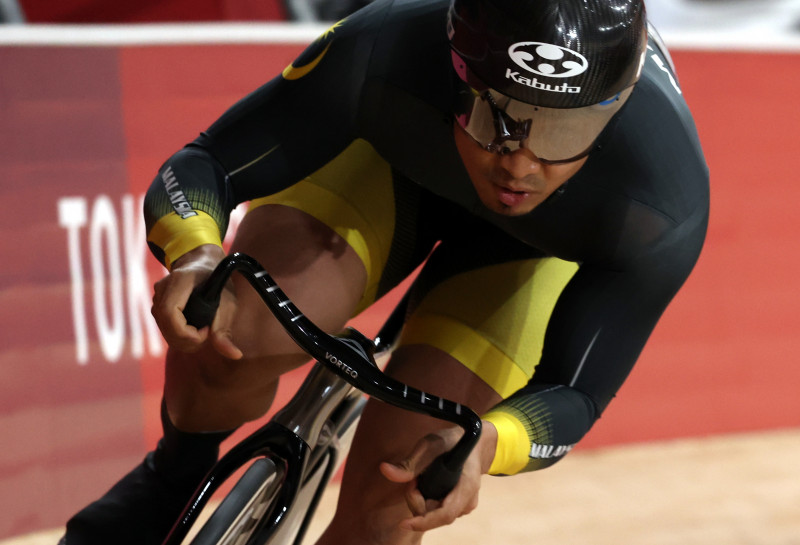

_-_SYEDA_IMRAN_-_26.jpg)
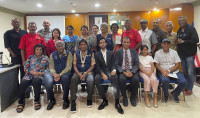

_and_Nur_Dhabitah_Sabri_at_the_womens_10-metre_(m)_platform_synchronised_event_during_the_Hangzhou_Asiad.png)




